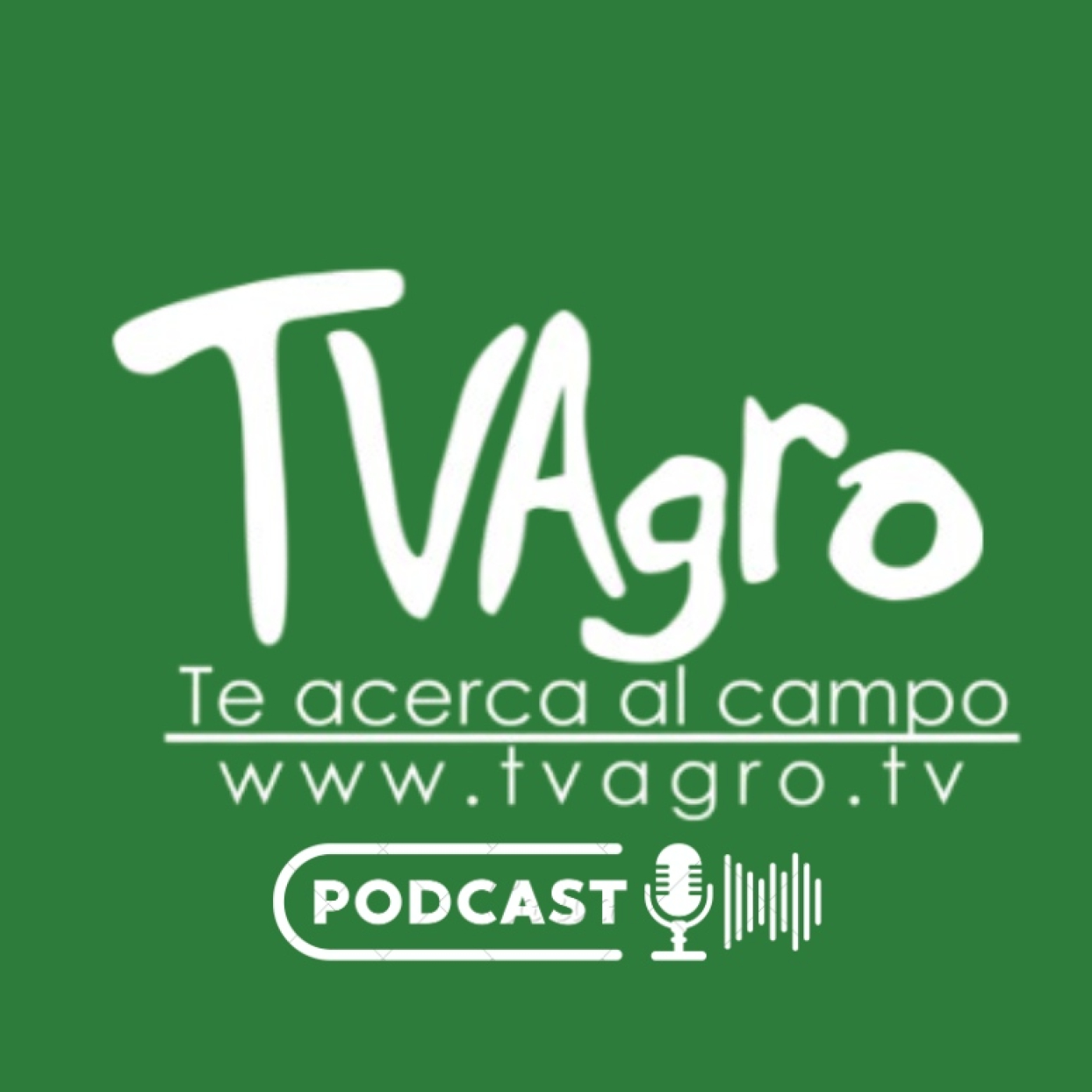
Twitter @juangangel introduction The term Biosecurity refers to management practices that reduce the chance infectious disease will be carried onto a farm by animals or people and the spread of infectious disease on farms. All infectious diseases of horses result from the interactions between the animal and its ability to resist disease (immunity), an infectious agent (bacteria, viruses, and parasites) and the environment. These relationships allow opportunities for preventing or reducing infectious diseases. Horses New Arrivals The most common way infectious diseases are spread is when a new horse arrives at a property that is a carrier of the disease. A veterinary examination is recommended prior to purchasing a horse. Depending on where the horse has originated from, the veterinarian may advise for specific tests to be conducted to rule out infectious diseases. New horses should be isolated from resident horses for thirty days. The horse should be checked daily for signs of illness, including monitoring the horse’s temperature, food and water intake. Separate stable/yard equipment, buckets, grooming supplies, tack etc should be used for new horses and marked with red tape. The new horse should be handled last, morning and night, and hands should be washed upon leaving the horse’s stall or paddock. Vaccination Vaccination can be a critical aspect of controlling infectious diseases because in many instances owners cannot prevent exposure. It is important to remember that vaccination cannot prevent disease. Vaccines perform best if the disease challenge is minimized. In some instances, vaccination does not provide protection against infection but merely decreases the severity of clinical disease. Vaccination serves to increase resistance against certain diseases in individual horses as well as horse populations. A vaccination program is most effective when it is planned to meet the particular needs of a farm. Setting up a strategic vaccination program means: 1) determining what diseases to vaccinate against, 2) identify who will most benefit from vaccination, and 3) finding out when they will most need the protection that vaccines provide. Your veterinarian will provide guidelines for a vaccination program that suits your needs. Fuente http://www.equineguelph.ca/pdf/facts/... Juan Gonzalo Angel www.tvagro.tv
No persons identified in this episode.
This episode hasn't been transcribed yet
Help us prioritize this episode for transcription by upvoting it.
Popular episodes get transcribed faster
Other recent transcribed episodes
Transcribed and ready to explore now
Trump $82 Million Bond Spree, Brazil Tariffs 'Too High,' More
16 Nov 2025
Bloomberg News Now
Ex-Fed Gov Resigned After Rules Violations, Trump Buys $82 Mil of Bonds, More
16 Nov 2025
Bloomberg News Now
THIS TRUMP INTERVIEW WAS INSANE!
16 Nov 2025
HasanAbi
Epstein Emails and Trump's Alleged Involvement
15 Nov 2025
Conspiracy Theories Exploring The Unseen
New Epstein Emails Directly Implicate Trump - H3 Show #211
15 Nov 2025
H3 Podcast
Trump Humiliates Himself on FOX as They Call Him Out
15 Nov 2025
IHIP News